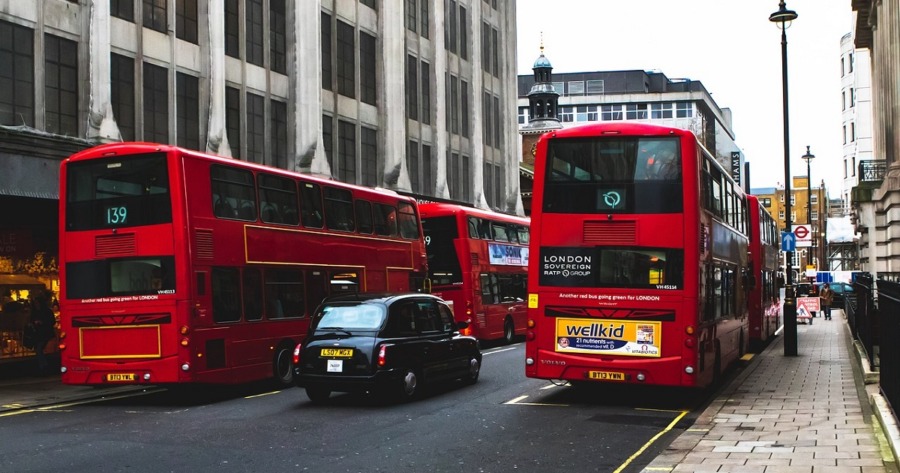UK Government Extends £2 Bus Fare Cap and Safeguards Vital Services
- Ingrid Jones
- Trending
- United Kingdom
- May 17, 2023

Prime Minister Rishi Sunak has decided to extend the reduced bus fare introduced during the COVID-19 pandemic has proven a successful economic move. By continuing the fare cap, the government aims to provide additional funding to help passengers save money on fares and support vulnerable bus routes. With a commitment of £500 million in government funding, millions of passengers across England can continue to benefit from affordable bus services while managing the cost of living.
Transport Secretary Mark Harper has confirmed an allocation of £300 million to protect vital routes and enhance services until 2025. These routes are essential for individuals who rely on them for work, education, medical appointments, and shopping. In addition to this funding, the government will allocate up to £200 million to maintain the cap on single bus fares at £2 outside of London until the end of October 2023. From November 2023 until November 2024, the fare cap will be set at £2.50. The government plans to review the effectiveness of these measures and consider future bus fares.
The extension of the fare cap provides stability for passengers and bus operators. Passengers can confidently plan their budgets, knowing that their travel costs will remain capped at affordable rates. Bus operators can benefit from increased passenger demand and reduced fare evasion, contributing to their services’ financial viability and sustainability.
This initiative is part of the government’s Help for Households program, which aims to support individuals in managing the rising cost of living. Lower-income individuals, who take nearly three times as many bus trips as those with higher incomes, will significantly benefit from this measure.
Bus usage dropped to as low as 10% of pre-pandemic levels during the pandemic. Although passenger levels have recovered to around 85 to 90%, the fare cap aims to encourage people to return to using buses, reducing congestion and emissions.
Since its introduction on January 1, the £2 fare has encouraged more individuals to utilize bus services. Operators such as Go-Ahead have transported over 16 million passengers at the reduced fare, saving an average of one-third on fares. The list of bus operators participating in the £2 fare cap scheme will be announced later.
The additional funding announced will be shared between local transport authorities and bus operators to safeguard and improve routes throughout England. This allocation demonstrates the government’s commitment to establishing long-term financial stability within the bus sector. The funding models introduced will protect vulnerable routes while allowing local authorities and operators to determine the most suitable routes for their respective areas.
The government’s comprehensive support for the bus sector includes over £2 billion to aid its recovery from the pandemic and more than £1 billion to support local authorities in implementing long-term plans for service improvements.
The government is committed to achieving a zero-emission bus (ZEB) fleet. Since February 2020, approximately 3,400 ZEBs have been supported across the UK, with nearly £300 million specifically invested in up to 1,400 ZEBs in England, excluding London. This significant investment brings the vision of a net-zero transport network closer to reality.
By extending the £2 bus fare cap and providing additional funding for vital routes, the government aims to improve public transportation accessibility, reduce the financial burden on passengers, and promote sustainable travel options. This initiative encourages individuals to choose buses as a reliable and affordable mode of transportation, reducing traffic congestion and emissions.
The fare cap benefits individuals directly by reducing travel expenses and has broader positive impacts on the economy and the environment. The government incentivizes people to choose public transport over private vehicles by making bus travel more affordable, contributing to lower emissions and a more sustainable future.
Furthermore, the fare cap supports lower-income individuals who rely on bus services for daily commuting. By ensuring affordable transportation, the government enables these individuals to access employment opportunities, education, healthcare facilities, and essential services without financial barriers.
Lower-income individuals take nearly three times as many bus trips as those with higher incomes, making this initiative crucial for economic well-being. By fostering collaboration and financial support, the government actively promotes the long-term recovery and growth of the bus sector while ensuring accessible, efficient, and environmentally friendly bus services for communities across England.








